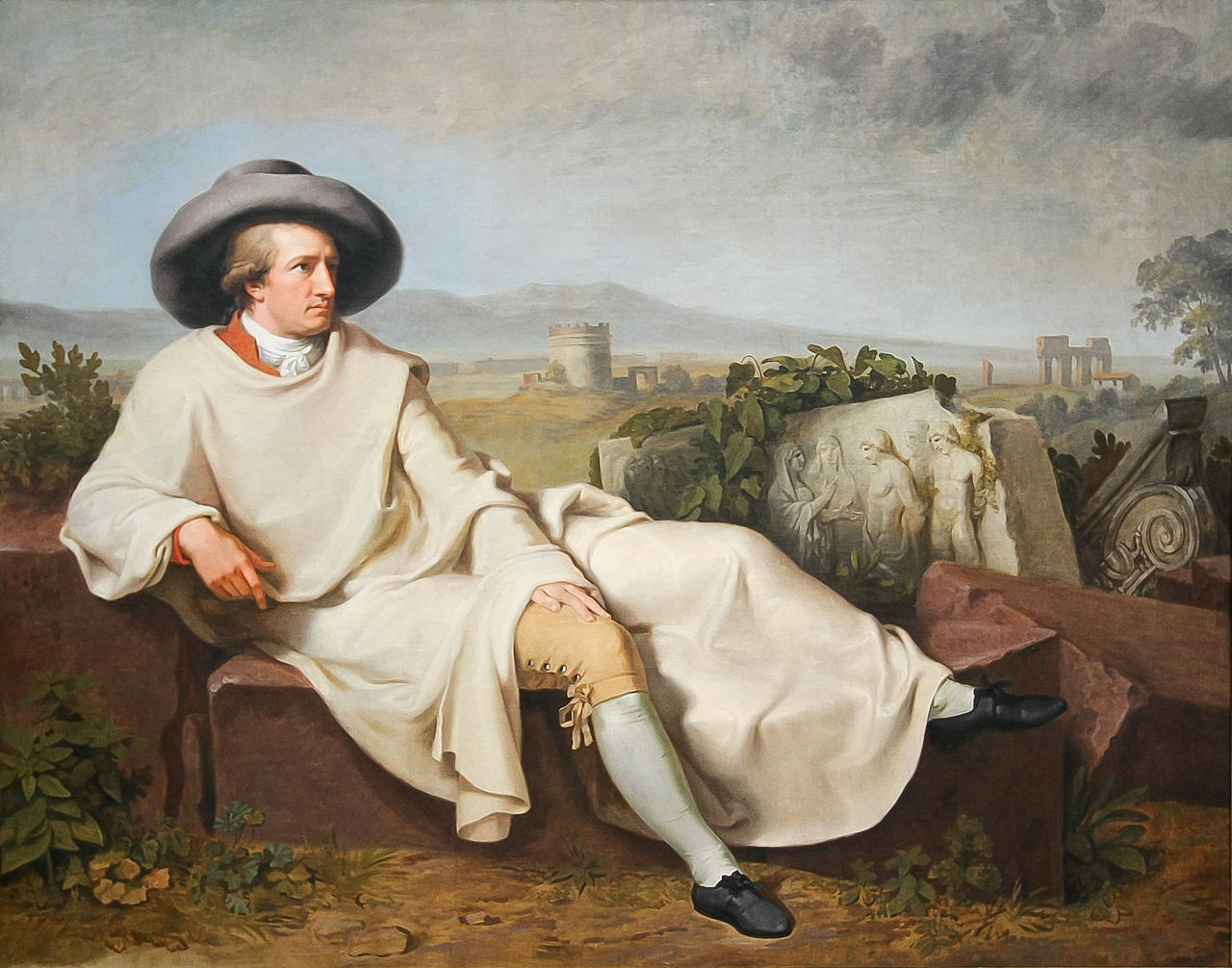There’s an article in the Westdeutsche Allgemeine Zeitung (WAZ) on the holdups to the Loveparade case resulting from delayed or erroneous translations by two agencies: Das Loveparade-Verfahren überfordert Englisch-Übersetzer.
21 people died from asphyxiation and 541 were injured at the Loveparade 2010 in Duisburg. It seems that the ground was suitable for 250,000 people and didn’t even reach capacity before there was a crush at the entrance between those coming in and those trying to leave. (Wikipedia German, Wikipedia English).
Apparently it is still not clear exactly how the accident occurred. The court commissioned a report from Professor G. Keith Still, Professor of Crowd Science at Manchester Metropolitan University, presumably to throw light on the sequence of events. This choice of expert witness was criticized as all the documents had to be translated into English for Professor Still and his report had to be translated back into German.
Criticism was directed at the delays in translation by the first agency, and also errors in the translation by the second agency. The second agency was commissioned in June 2012. On Friday November 14, Joachim Schwartz, the presiding judge of the 5th Duisburg Strafkammer, sent out three pages of criticism of errors.
What happened in detail in the translations?
1. We don’t know when the first agency was commissioned, just that June 2012 was regarded as too late. The events took place in June 2010, and after that the documents had to be translated and sent to Professor Still and he had to write his report before any translation could be commissioned.
The article states that the public prosecutors were sometimes unsatisfied with the time they had to wait for translations, and that deadlines were repeatedly breached. This suggests that the first agency was responsible for more than one translation – perhaps the DE>EN ones as well as the EN>DE one.
The report is available online as a PDF (21 pages, contains illustrations and photos). However, there was a later extended report, dated March 2013. This second report can be downloaded from the WAZ site here in four parts.
2. On November 14 the court, as stated above, criticized the second agency’s translation. The public prosecutor’s office is waiting to give the agency a chance to respond.
One part criticized is this (from the second report):
When did the loudspeaker system cease to be effective?
Original, referring to loudspeakers: “Their deployment and use is to inform the crowds but once the entry system failed and the crowds flowed in behind the police lines the situation was already beyond the point of no return.”
Translation: “Deren Verwendung und Einsatz dient der Information der Menschenmenge, aber sobald das Eingangssystem versagte, und die Menschenmenge bis zu den Polizeikordonen geströmt war, hatte die Situation einen Punkt überschritten, wo keine Rückkehr mehr möglich war.”
The translation treats “behind the police lines” as “up to the police lines”. I presume this is important because of the allocation of responsibility.
The court also criticized that the translation was in parts dubious, in parts changed the meaning, and in one place had omitted a complete sentence.
There isn’t enough evidence here to demonstrate a really bad translation. On top of that, the report itself is controversial and much criticized by the defence.
There’s a useful German blog on Loveparade 2010:
Dokumentation der Ereignisse der Loveparade 2010 in Duisburg





